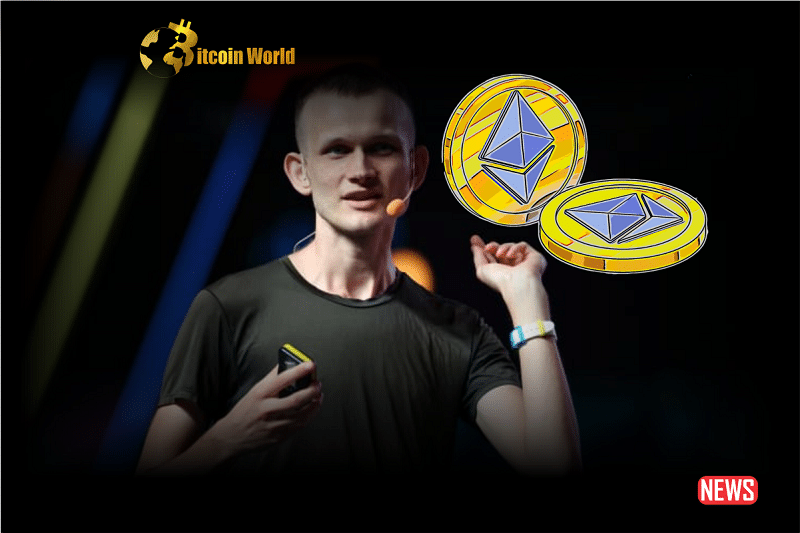
In a recent exclusive interview with CNBC’s MacKenzie Sigalos in Prague, Vitalik Buterin, the co-founder of Ethereum, delved into a wide array of topics, providing insight into his thoughts on the platform’s future and the regulatory landscape shaping the cryptocurrency industry.
Buterin began by shedding light on his nomadic lifestyle, revealing that he avoids certain countries, including his native Russia, due to the inherent risks of his involvement in cryptocurrency. He emphasized that one of Ethereum’s paramount challenges is to deliver genuine value to its users. He stressed that Ethereum has been in an experimental phase over the past decade and must now focus on constructing practical applications that people will readily embrace.
The Ethereum co-founder also touched upon his public persona, acknowledging that while he doesn’t actively seek fame, his primary goal is to foster a world where individuals, regardless of their geographical location, have equitable access to financial resources. His transparent communication style and willingness to engage in profound philosophical discussions have inadvertently established him as a trusted thought leader within the crypto community.
Discussing the practicality of cryptocurrencies, Buterin underscored their utmost utility in emerging economies, where they can effectively address real-world issues such as payments and savings. Drawing from his experiences in countries like Argentina, where crypto adoption has soared, he highlighted the tangible benefits cryptocurrencies offer.
Turning to the evolving regulatory landscape, Buterin observed a noticeable shift in focus from the United States to overseas markets. As U.S. regulators intensify their scrutiny of the crypto sector, he noted that cryptocurrencies are not merely speculative assets in developing countries but serve practical purposes.
Buterin expressed apprehensions regarding the overreliance on centralized platforms like Binance for crypto transactions, highlighting their vulnerability to external pressures and corruption. He emphasized the critical importance of privacy and security within the Ethereum ecosystem, emphasizing the need for secure wallets and mechanisms to prevent the loss of assets due to misplaced keys.
In the context of Central Bank Digital Currencies (CBDCs), Buterin voiced concerns about their diminished privacy and the potential erosion of existing barriers against corporations and government intervention. He disclosed that Ethereum is actively pursuing enhancements in privacy and scalability, leveraging technologies such as zero-knowledge rollups.
Buterin also shed light on Ethereum’s transition to a proof-of-stake model, which he believes is more resilient to government intervention due to its ease of anonymization and difficulty shutting down. He underscored that Ethereum has evolved into a self-governing ecosystem, capable of functioning even in the face of potential targeting of himself or the Ethereum Foundation. He highlighted the existence of entire companies dedicated to maintaining Ethereum clients, ensuring the platform’s resilience with no single point of failure.
In this comprehensive interview, Vitalik Buterin provided valuable insights into Ethereum’s future direction and role in the ever-evolving cryptocurrency landscape, shedding light on the challenges and opportunities ahead.
The post $ETH: Vitalik Buterin on Ethereum’s Challenges, Future, and Regulatory Landscape appeared first on BitcoinWorld.















